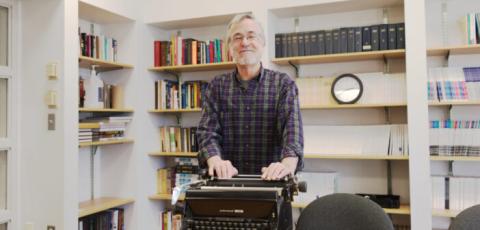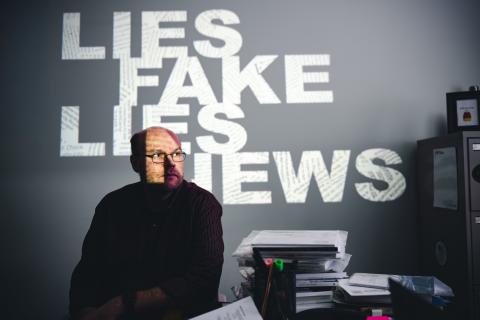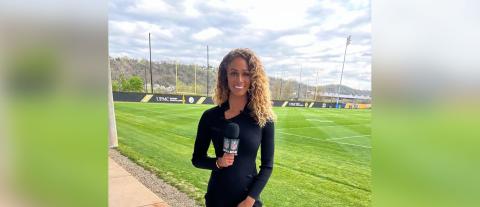Throughout history, political candidates have utilized falsehoods to sway voters, leveraging mistruths to discredit opponents or bolster their image. This age-old tactic has long been protected under the First Amendment's right to free speech. Today, artificial intelligence (AI) has transformed these strategies, enabling the creation of hyper-realistic fake images, videos, and audio, further complicating the landscape of political misinformation.Fake images, though fabricated, are protected under the same legal principles as traditional political lies, according to research by journalism professors Jeremy Littau and Daxton R. Stewart. Their study, The Right to Lie with AI?, delves into the First Amendment's implications on AI-driven false political speech.








